
The West Africa Drug Policy Network (WADPN) and its partners have called on ECOWAS and national governments, particularly in Ghana, Nigeria and Burkina Faso, to take decisive steps toward decriminalisation and the protection of human rights for marginalised groups.
Across West Africa, the criminalisation of people who use drugs, sex workers and people with diverse sexual orientations (PWDSO) continues to deepen cycles of poverty, stigma, disease and violence.
In Ghana and Nigeria, punitive drug laws have fuelled prison overcrowding, HIV prevalence and exclusion from healthcare systems. The West Africa Commission on Drugs has long emphasised that drug use should be treated primarily as a public health issue rather than a criminal offence.
Advocates argue that decriminalisation does not encourage drug use but instead redirects funding from punishment to harm reduction, rehabilitation and community care. Countries such as Portugal and Uruguay have shown that such policies can improve health outcomes and reduce crime.
Senegal remains the only country in the region with a regulated framework for sex work. Though limited, it has reduced HIV transmission, improved access to health services and strengthened reporting of violence and abuse. By contrast, in Ghana, Nigeria and Burkina Faso, sex workers face arbitrary arrests, harassment and little legal protection.
The PWDSO community also faces state-sanctioned discrimination. Nigeria’s Same-Sex Marriage (Prohibition) Act has heightened violence and extortion, while Ghana’s recent controversial legislation and Burkina Faso’s lack of protections have worsened the situation. These developments contravene the African Charter on Human and Peoples’ Rights, which guarantees dignity, equality and freedom from discrimination.
WADPN is urging ECOWAS to go beyond its current commitments on drug control and security by adopting a regional human rights and health strategy for key populations, supporting drug law reform, monitoring abuses against sex workers and PWDSO, and ensuring governments uphold international treaties.
“Decriminalisation is not just a legal question; it is a question of life or death,” the network stated, calling for the amendment of repressive laws, expansion of community-led health services, investment in rights-based education and policing reforms, and inclusion of affected communities in decision-making.
The network stressed that West Africa must not be left behind in global advocacy for justice, health and dignity for all.
The post WADPN urges ECOWAS, gov’ts to protect marginalised groups appeared first on The Business & Financial Times.
Read Full Story
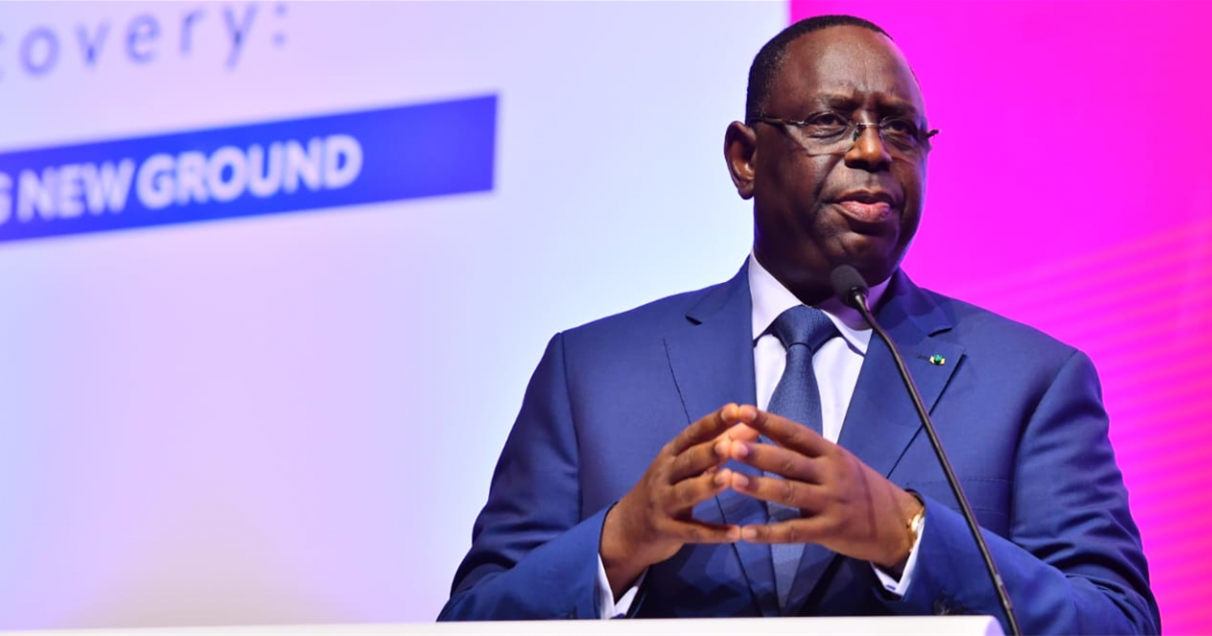

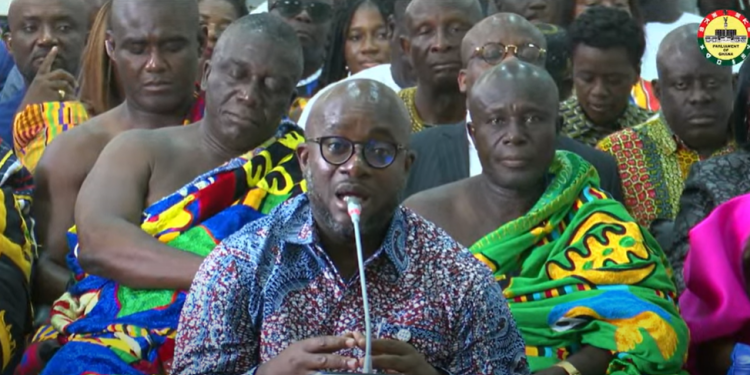
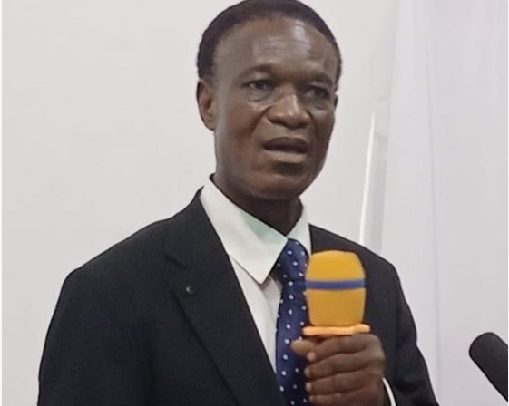

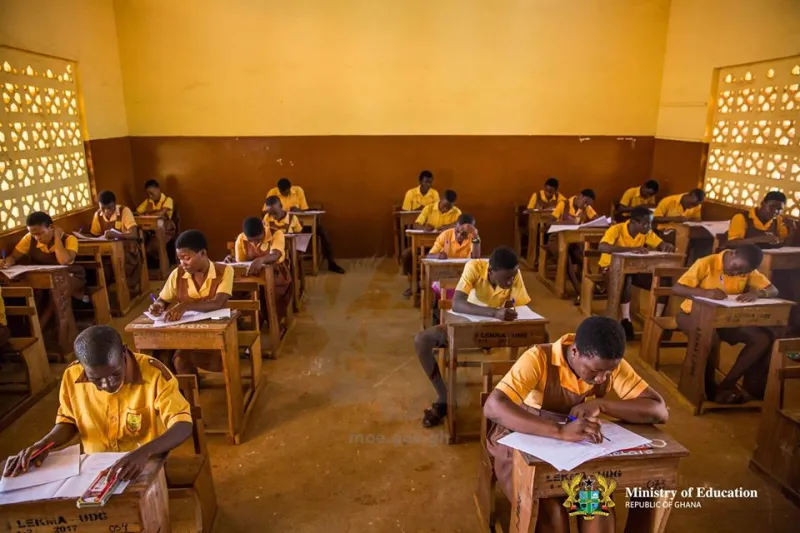





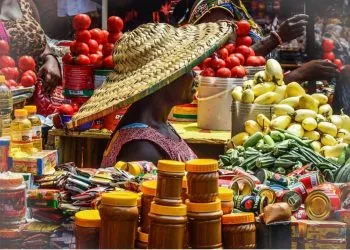
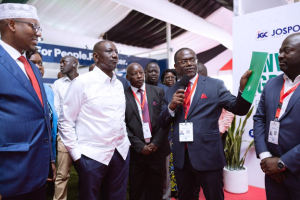
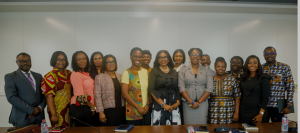
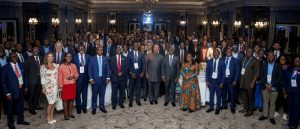

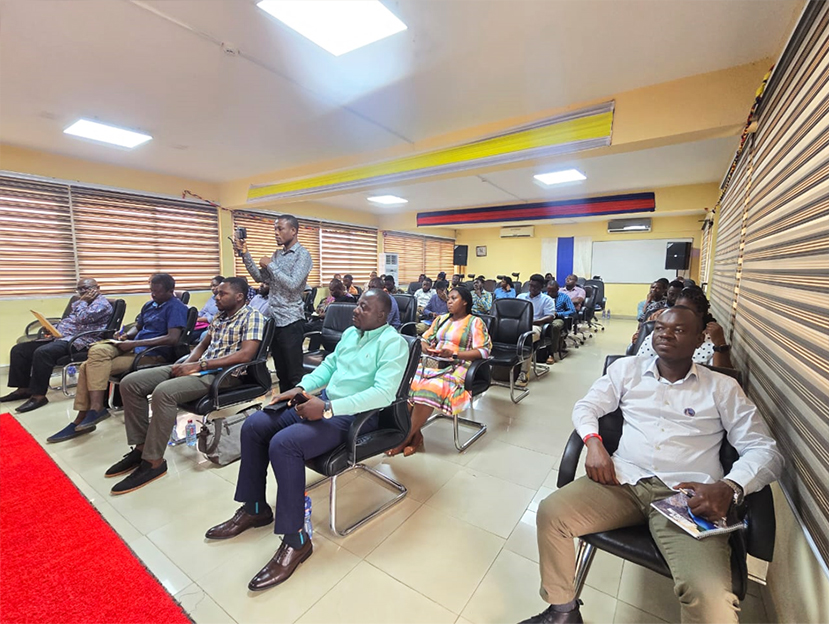
Facebook
Twitter
Pinterest
Instagram
Google+
YouTube
LinkedIn
RSS